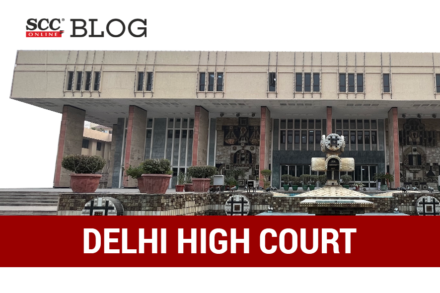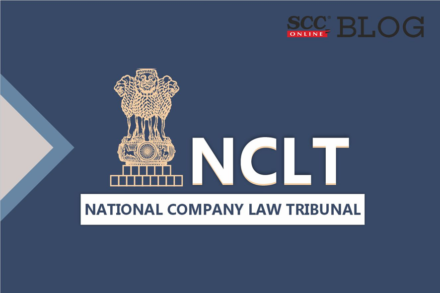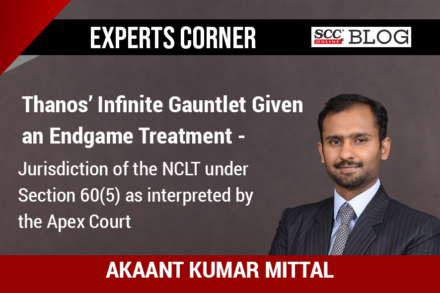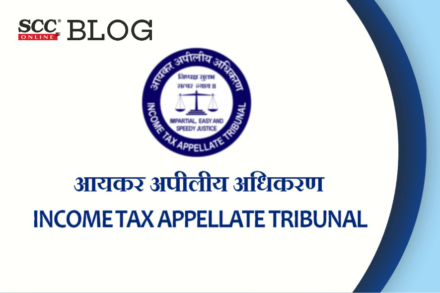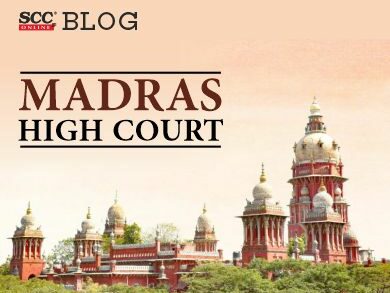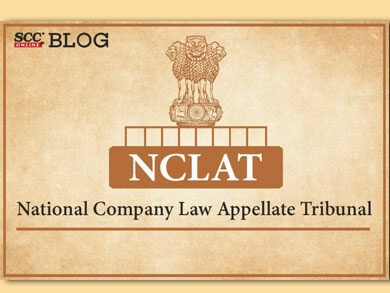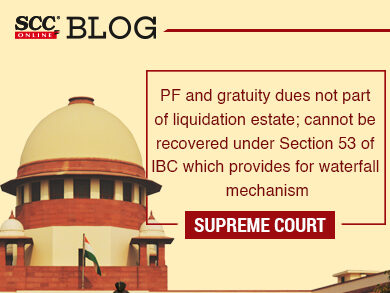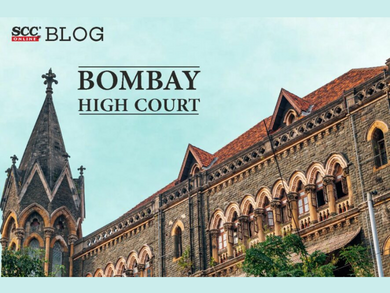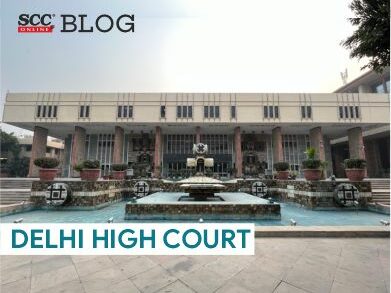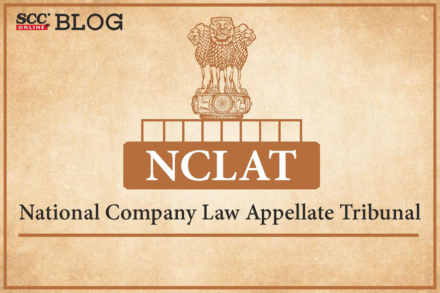
[Reliance Capital (RCap) Resolution] CoC has power to negotiate and call for higher bid; NCLAT allows another round of bidding
The NCLAT held that even after completion of challenge mechanism under CIRP Regulation 39(1A)(b), the CoC retains its jurisdiction to negotiate with one or other Resolution Applicants, or to annul the Resolution Process and embark on to re-issue RFRP.


